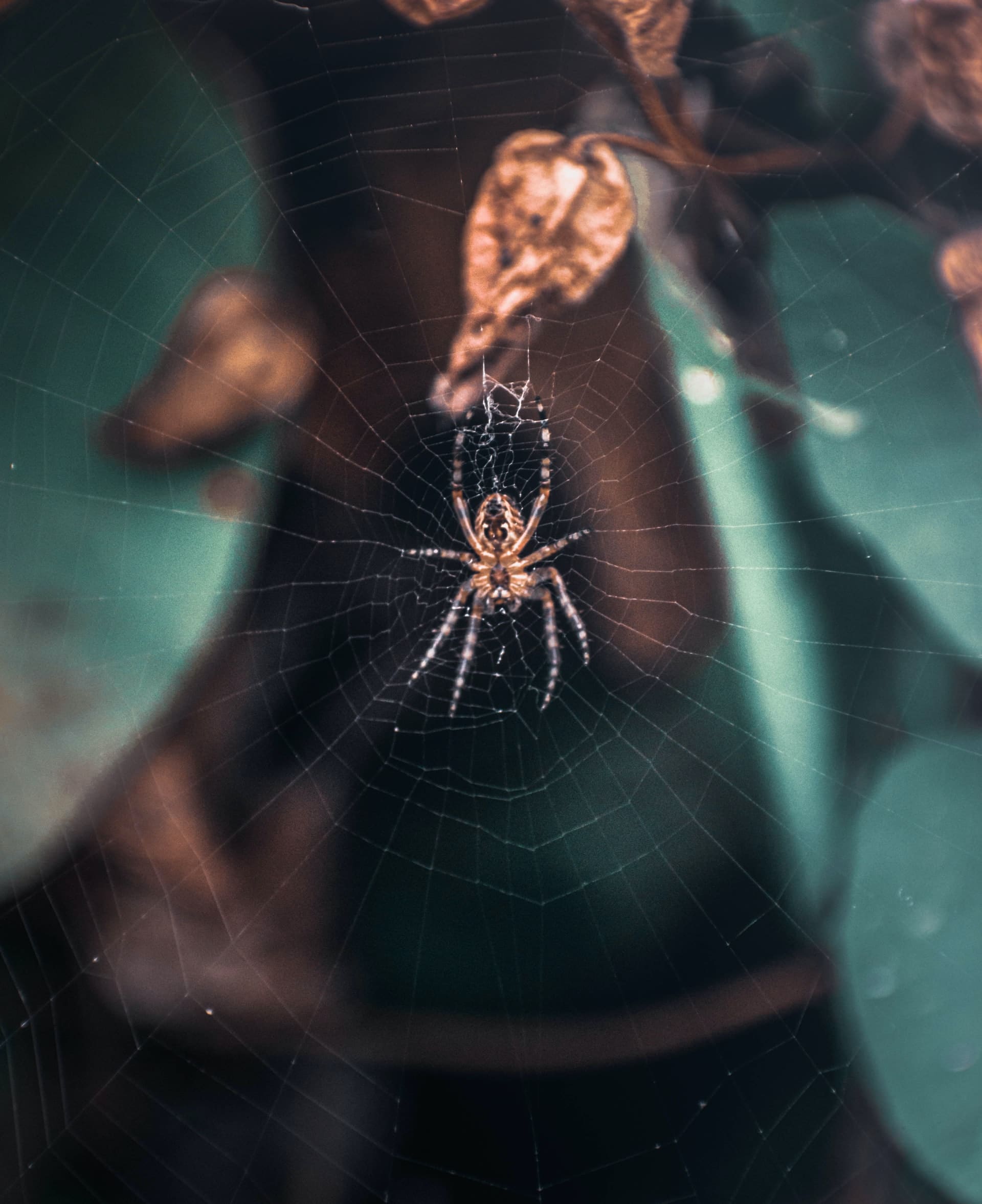People keep saying when you marry someone you actually marry their family. But when you marry someone outside your culture, it’s not just a new family you’re getting. The package contains a lot more.
You have a new cuisine to master (and even some new cookware to prepare it with) and new dishes on your weekly home menu list. You have new types of snacks piling up in the pantry and new drinks (some which you never tried before or didn’t know even existed) in the fridge. You watch not only local, mainstream TV, but also are familiar with political and cultural matters of the country of your better half. Your bookshelves, tabletops or walls display artifacts from that special someone’s country along with your own national art pieces.
Superstitions in a Multicultural Family
In our case, we even have three wall calendars side by side: a Canadian calendar—to know the holidays ahead and do general planning, a Latvian one—to make sure we don’t skip any Name Days of friends and family, and a Chinese one—to know the corresponding days of the Lunar Calendar and sometimes to consult about auspicious or unfavorable days for travel, moving, financial matters, big purchases, etc. And finally, the person brings with them a few national customs and superstitions that might seem odd at first, but soon you find yourself adopting them like your own, not just as a sign of respect, but as the natural course of building your family identity. Our identity-building started with spiders.
I don’t like stepping on bugs, ants, or other insects if I can just walk around them. (Unfortunately, a rare finger-sized cockroach, which sneaked into my apartment and felt obliged to dart across the wall when I was at my most relaxed and unprepared stage, during my years in China, didn’t count.) My husband doesn’t really care about killing insects or did not until I saw him sneaking upon a spider in our bathroom corner just when we started living together. “Don’t kill the spider, you can not kill a spider!” I exclaimed and pulled him away. My husband looked at me astonished, probably questioning my sanity or wondering if I have PMS again. For me—a Latvian—a spider is associated with good luck, happiness, and well-being. Having one at home is a blessing and killing it would be destroying one’s good fortune.

I remember telling this custom to a Chinese friend and she said, having a spider at home just means the house needs a good cleaning. Fair enough. But no, we don’t live in a dungeon and we always try to keep our adobe clean, for us and for spiders, of course. It took my husband a while to come around to this custom. We made a deal that he wouldn’t touch tiny ones and just let them be. However, if he sees a reasonably sized one, he can capture and release it out into nature. It works perfectly for us. When my baby and I came back from a long holiday in Latvia recently, he proudly declared that he had released every single spider he came across in our place. My heart is at peace now, although I was tempted to ask if he counted them.
See, in Chinese culture, a great deal of attention is given to numbers, wherever they are as long as they are in some way relevant to you or your business. In the office building where I used to work, as, in many others in China, there were no 4th, 14th, and 24th floors. Physically the floors, of course, were there, but the numbers in the elevator control panel were skipped making the 5th floor come right after the 3rd. And indeed, who would want to have a business on the 4th floor if this number is pronounced si, exactly how the word death, to die sounds, just with a slight variation in tones? Or, who would want to receive a gift of say, four cups, four glasses, four sets of cutlery, or anything coming in a set of four?
It’s like non-verbally wishing a person to die no matter how exquisite the gift might be. We do pay some attention to the auspicious and unlucky numbers, but we don’t pursue them purposely; we just notice them, especially the lucky ones—6, 8, and the ultimate fortune number—9. I just paid $6.88 for my groceries. Awesome! My parents-in-law are coming for a visit on June 6th (06.06). Must be a good sign—maybe this time I will finally learn to do a proper wonton stuffing from my mother-in-law! Hey, there’s a car with numbers 888 or 996 on the license plate! Do you think we’re going to win a lottery today? If nothing, these numbers at least make you feel like a chosen one for a second. Well, numbers aside, every day is a great day for us unless we have an argument.
And, since we have a built-in mirror closet in our bedroom, we are supposed to argue quite a bit. My husband often jokes that I am pretty much surpassing the argument quota by a good year ahead—must be the fault of having two mirrors in the room. The Chinese belief of avoiding mirrors in bedrooms to avoid arguments between spouses is mainly derived from the tradition of Fengshui, which in its basic form, is very widely practiced not only on a business level but within regular Chinese households as well. It was actually me, having worked with Chinese real estate developers and homeowners (whom I assure you, are a very Fengshui minded and dead-superstitious folk) for numerous years, who brought this belief into our family.
Just for the sake of the experiment, I removed our dressing mirror from the bedroom at our previous house. Did we argue less? Were we even arguing that much before to notice the difference? Like every family, we do have separate opinions, we do some things differently and we do sometimes forget to hear the other person out. But there was not a single day when we would go to bed upset with each other. I guess, the magical word ‘sorry’ has more power than mirrors. And yet, I know I will still refuse to put a mirror in our bedroom next time we move. Even if that mirror has a wooden frame, which would give me an extra surface to knock on.
Well, who am I to complain? Most single-family homes in Canada are made of wood, providing plenty of space to knock on. If only I had the will to clutter my brain with all the potential negative scenarios around my life, I could knock my heart out here. But since I still think a lot, I consequently knock a lot. My husband already chuckles when he hears an occasional knock on a table, saying I should stop testing the quality of that pool table. If it has not been broken by now, it probably won’t break that easy anyways.
Somehow the North American version of deflecting bad luck and preventing something negative that was just thought or said from happening by knocking on wood (also present in some European countries) seemed more acceptable to me than a Latvian version of symbolically (not literally) spitting three times over one’s left shoulder.
Must Read: The Coolest Latvian Celebration You Probably Haven’t Heard of
Having successfully embarrassed myself several times in public, alas, not offending anyone, I decided to retreat to more sensible ways to ward off misfortune in Canada. You know that old saying—when in Rome, do as the Romans. No matter how much we all want to be unique and different, there are times when blending in is just the right way to go. And I’ve done a lot of spitting (again, symbolically only) in my life to happily adopt wood as my new fortune protector. So far it has not let me down. Knock, knock, knock.
I know, some people say it’s all in the head. And I absolutely agree. We don’t fret over these customs and superstitions, we don’t build our lives around them, or limit or alter our activities and lifestyle. After all, I was living on the dreaded 4th floor for most of my years in Shanghai and those years turned out to be some of the greatest of my life. As one of my favorite Latvian sayings goes—we are all blacksmiths of our own luck. My husband and I are living by this rule and, hopefully, our son will adopt it later in his life, too.
Although these customs might seem odd to a stranger, or we might seem funny to someone who doesn’t know us, everybody has their thing. Some carry a button in their pocket for job interviews and important presentations, others—a gold plated figurine of a fortune god. Some don’t wash their hair right before an exam. Some get out of bed exclusively on the right foot, others, on the left.
Some shrug at the sight of a black cat, some take it as a sign of good fortune. Some gladly accept a clock for a gift, while others will be reluctant and interpret it as a sign that you want them dead. Our mindset and our actions are what makes our day. But it is nice to see a tiny spider on your garden flower, a colorful butterfly fluttering by, a penny on a sidewalk or a four-leaf clover in a meadow and think that today is going to be an especially great day.

































